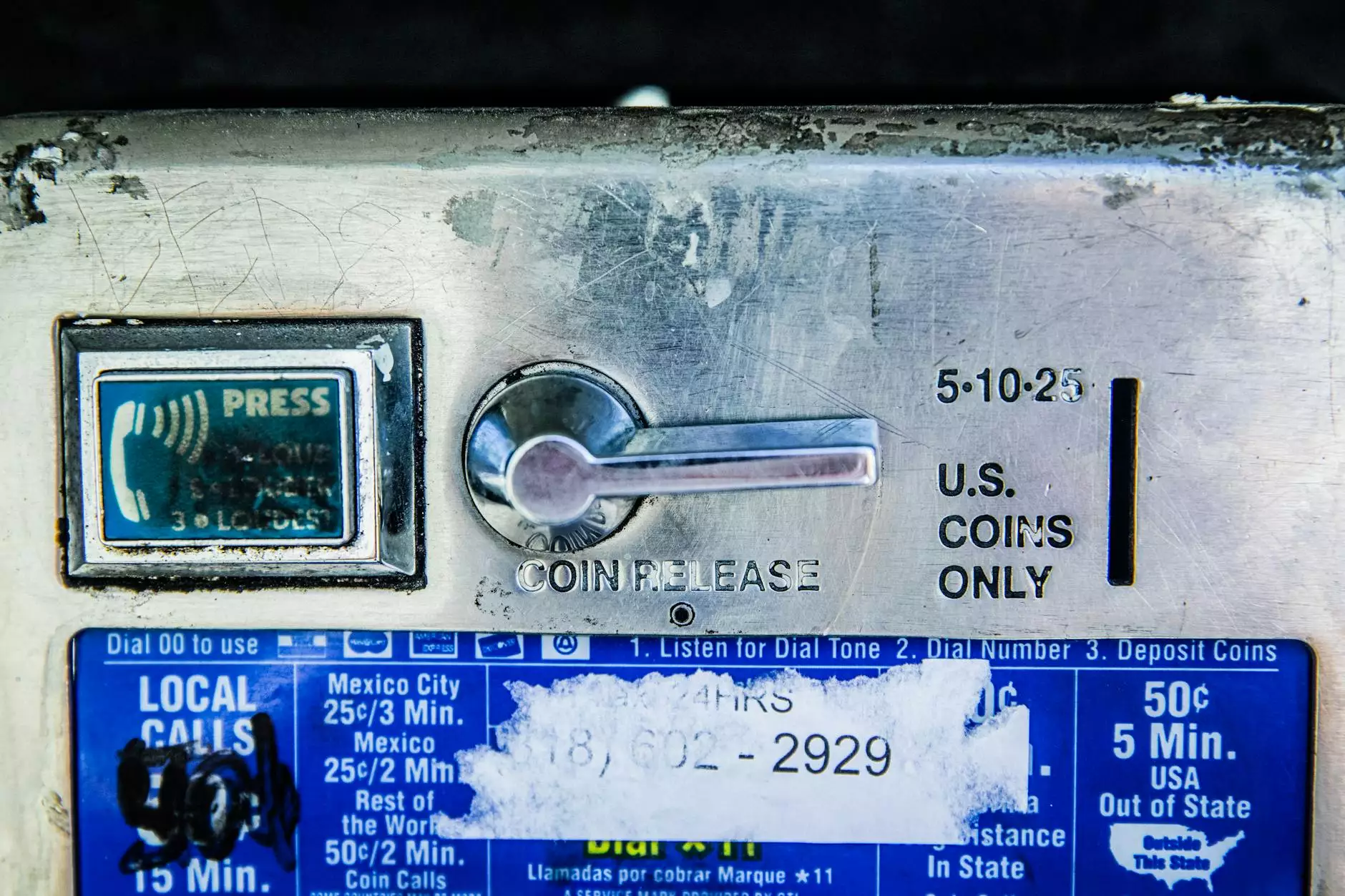The Integral Role of a **Pharmaceutical Lawsuit Attorney** in Today’s Healthcare Landscape

In recent years, the pharmaceutical industry has faced significant scrutiny due to various controversies surrounding drug safety, efficacy, and marketing practices. Victims of pharmaceutical negligence or malpractice often find themselves overwhelmed, confused, and seeking justice. This is where a skilled pharmaceutical lawsuit attorney steps in, acting as a crucial ally in navigating the complexities of medical law.
What is a Pharmaceutical Lawsuit Attorney?
A pharmaceutical lawsuit attorney specializes in legal cases that involve the pharmaceutical industry. These professionals represent clients who have been harmed by prescription drugs, faulty medical devices, or negligent pharmaceutical companies. Their primary goal is to secure compensation for victims of legal wrongs within this intricate sector.
Types of Cases Handled by Pharmaceutical Lawsuit Attorneys
Pharmaceutical lawsuit attorneys typically handle a variety of cases, including:
- Product Liability Cases: When a drug or medical device causes harm due to defects or inadequate warnings.
- Negligence Claims: Involving harm caused by a failure to provide adequate care or safety measures.
- Class Action Lawsuits: When a large number of individuals are affected by the same harmful drug or device.
- Wrongful Death Claims: Representing families who have lost loved ones due to pharmaceutical negligence.
The Importance of Expertise in Pharmaceutical Law
Given the complex nature of pharmaceutical regulations, having a knowledgeable attorney is critical. Here are some reasons why expertise matters:
- Understanding Regulations: A proficient pharmaceutical lawsuit attorney is well-versed in the laws and regulations governing pharmaceuticals, ensuring compliance and enhancing the chances of a successful case.
- Access to Resources: Experienced attorneys often have access to a network of medical professionals, expert witnesses, and investigative resources necessary to bolster a case.
- Negotiation Skills: A skilled attorney can effectively negotiate settlements with pharmaceutical companies, often yielding better results than an individual could achieve alone.
- Litigation Experience: If a case proceeds to trial, an attorney with litigation experience can present evidence and argue effectively in court.
How to Choose the Right Pharmaceutical Lawsuit Attorney
Selecting the appropriate attorney is essential for your case. Here are a few tips to consider:
- Look for Specialization: Choose an attorney who specializes in pharmaceutical lawsuits or medical malpractice.
- Check Credentials: Review their educational background, experience, and past case outcomes.
- Initial Consultation: Take advantage of free consultations to gauge their approach and how they communicate.
- Client Reviews: Read testimonials and reviews from former clients to understand their satisfaction with the attorney's services.
The Process of a Pharmaceutical Lawsuit
The journey through a pharmaceutical lawsuit can be lengthy and complex. Below is a general outline of the process:
1. Consultation and Case Evaluation
During the initial consultation, your pharmaceutical lawsuit attorney will evaluate your case, asking questions about your medical history, the drug in question, and the nature of your injuries. This process determines if you have a viable case.
2. Investigation
If your case proceeds, the attorney will gather evidence, including medical records, product information, and expert opinions. This stage is critical, as the strength of your case heavily relies on the evidence presented.
3. Filing the Lawsuit
Your attorney will file a formal complaint in the appropriate court, outlining the basis for your claims and the damages sought.
4. Discovery
The discovery phase allows both parties to request documents, conduct depositions, and gather information relevant to the case. This stage can be time-consuming but is essential for building a robust argument.
5. Settlement Negotiations
Many pharmaceutical lawsuits are settled before reaching trial. Your attorney will negotiate on your behalf to seek a settlement that meets your needs.
6. Trial
If a settlement cannot be reached, the case will go to trial. Your attorney will present evidence, call witnesses, and make legal arguments to persuade the jury or judge.
7. Verdict and Appeal
The court will deliver a verdict. If you win, damages may be awarded. If either party disagrees with the verdict, they may choose to appeal the decision.
Protecting Your Rights and Seeking Justice
One of the main functions of a pharmaceutical lawsuit attorney is to protect your rights. They work tirelessly to ensure that manufacturers are held accountable for their actions, whether through negligence, failure to provide adequate warnings, or knowingly releasing harmful products into the market.
The Impact of Pharmaceutical Lawsuits
Pharmaceutical lawsuits not only seek compensation for individuals but also serve a larger purpose by promoting safety and accountability within the industry. When cases succeed, they can lead to:
- Increased Drug Safety: Lawsuits often result in stricter regulations and safety protocols.
- Corporate Accountability: Holding pharmaceutical companies accountable encourages ethical practices and transparency.
- Public Awareness: High-profile cases raise awareness of specific drugs and their potential dangers, influencing public opinion and usage.
The Future of Pharmaceutical Law
As the healthcare landscape continues to evolve, the role of a pharmaceutical lawsuit attorney will be increasingly important. Emerging issues such as gene therapies, biosimilars, and the impact of digital health technologies will reshape the field. Attorneys must stay informed and adapt to these changes to provide effective representation.
Conclusion
In the realm of pharmaceuticals, the stakes are undeniably high. Victims of pharmaceutical negligence need knowledgeable advocates in their corner—advocates who will fight for their rights and seek to secure the justice they deserve. A pharmaceutical lawsuit attorney is not merely a legal representative; they are a partner in the pursuit of accountability, safety, and justice in healthcare.
For anyone considering action against a pharmaceutical company, working with a dedicated attorney is a crucial step toward achieving not only personal redress but also fostering a safer pharmaceutical landscape for all.









